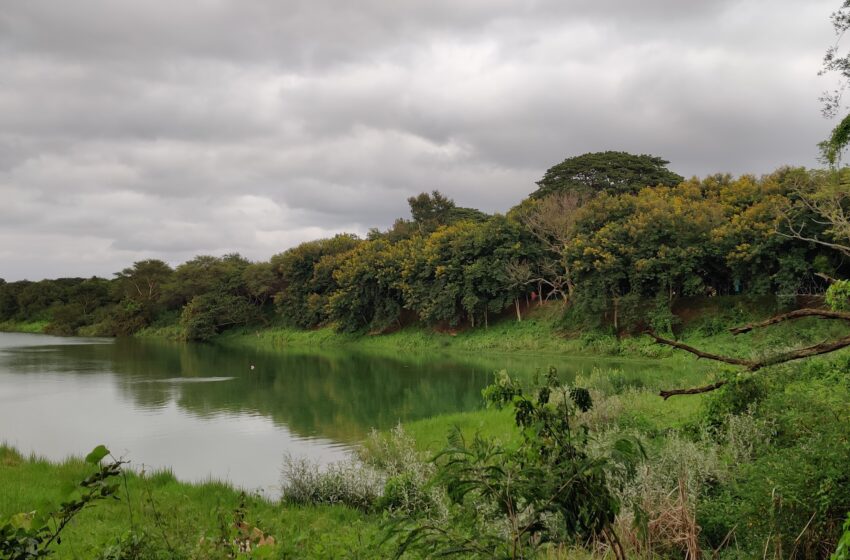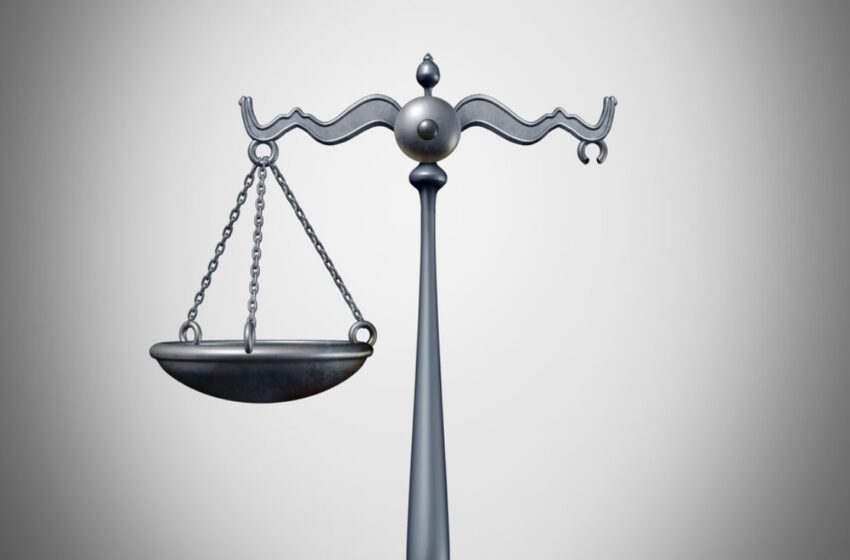ECOLOGICAL RESTORATION THROUGH THE JUDICIAL LENS: A ROMP THROUGH 2020-21 Lianne D’Souza, Research Fellow, CEERA, NLSIU Alekhya Sattigeri, Law Student, USLLS, Guru Gobind Singh Indra Prastha University Introduction Ecosystem restoration or eco-restoration, as it is colloquially referred to, represents the “process of assisting the recovery of an ecosystem that has been degraded, damaged or destroyed”.[1] […]Read More
CORPORATES AND CLIMATE CHANGE: THE BUCK STOPS HERE A Critical Analysis of the Case of Milieudefensie et al v. Royal Dutch Shell – Lianne D’Souza, Research Fellow, CEERA INTRODUCTION On December 20th, 2019, the Apex Court of the Netherlands made climate history as for the first time in the world a Court recognised and enforced the legal […]Read More
COASTAL REGULATION ZONE MANAGEMENT AND THE GRANT OF POST FACTO CLEARANCES: THE CASE OF VANASHAKTI & ANR. V. UOI & ORS.
Coastal Regulation Zone Management and The Grant of Post Facto Clearances: The Case of Vanashakti & Anr. V. UOI & Ors. – Lianne D’Souza, Research Fellow, CEERA – Jayanti Jaya, 3rd year Law Student, NLU Odisha Introduction The Coastal Regulation Zone (“CRZ”) Notification, 1991 represents the first comprehensive legislative document that categorically deals with the […]Read More
Tracing the Enviro-Legal Framework for Bottom Trawling Ms. Lianne D’Souza, Research Fellow, CEERA Ms. Alekhya Sattigeri, Law Student, ULC, GGSIPU Bottom Trawling Marine ecosystems, like other natural resources, have and continue to be threatened by environmentally degrading anthropogenic activities. From the active pollution of oceans and to the flagrant exploitation of marine resources, human-induced habitat […]Read More
CLIMATE HEALTH EMERGENCY DURING THE PANDEMIC: WHY PUBLIC HEALTH AND CLIMATE CHANGE POLICIES ARE INSEPARABLE
CLIMATE HEALTH EMERGENCY DURING THE PANDEMIC: WHY PUBLIC HEALTH AND CLIMATE CHANGE POLICIES ARE INSEPARABLE Prof. (Dr.) Sairam Bhat, Professor of Law & Coordinator of CEERA, NLSIU Public Health Emergency of International Concern (PHEIC), formal declaration by WHO refers to “an extraordinary event which is determined to constitute a public health risk to other States […]Read More
NATIONAL MINERAL POLICY, 2019 – KEY FEATURES Prof. (Dr.) Sairam Bhat, Professor of Law and Coordinator, CEERA, NLSIU; Ms. Lianne D’Souza, Research Fellow, CEERA, NLSIU; Mr. Vivek Basangoudar, 2nd Year Law Student, Jindal Global Law School. INTRODUCTION India is a nation that prides itself for its diverse natural resources which include mineral-rich deposits. To streamline […]Read More
ROLE, POWERS AND FUNCTIONS OF STATE BIODIVERSITY BOARDS TO COLLECT ACCESS AND BENEFIT SHARING AMOUNT FROM INDIAN ENTITIES
ROLE, POWERS AND FUNCTIONS OF STATE BIODIVERSITY BOARDS TO COLLECT ACCESS AND BENEFIT SHARING AMOUNT FROM INDIAN ENTITIES Ms. Geethanjali K.V., Legal Associate, CEERA-NLSIU Ms. Namrata Rawat, 4th Year, RGNUL, Punjab INTRODUCTION The Convention on Biological Diversity (CBD) was adopted in 1992 at the Rio Earth Summit. It has three primary objectives: conservation of biodiversity, […]Read More
FAIRNESS IN CONTRACTS: A CONSUMER LAW PERSPECTIVE – Raghav Parthasarathy, Teaching Associate, CEERA, NLSIU Introduction A recent consumer dispute filed against M/s. Pioneer Urban Land and Infrastructure Limited[1], highlighted the unequal bargaining powers in consumer contracts. Bench of Justices U.U. Lalit and Indu Malhotra of the Supreme Court, while upholding the Order passed by the […]Read More
ECONOMIC DURESS AND ITS EFFECT ON CONTRACTUAL OBLIGATIONS IN INDIA Prof. (Dr.) Sairam Bhat, Professor of Law, NLSIU Ms. Lianne D’Souza, Research Fellow, CEERA. Economic Duress: An Overview “Justice requires that men, who have negotiated at arm’s length, be held to their bargains unless it can be shown that their consent was vitiated…”[1] – Lord […]Read More
Covid-19 and Environmental Clearance in India: A Note on the MOEF Memorandum Prof. (Dr.) Sairam Bhat, Professor of Law and Coordinator of CEERA, NLSIU Mr. Vikas Gahlot, Teaching Associate, CEERA, NLSIU Covid-19 has impacted governance in general and environmental governance in particular. It has changed the way countries have looked at business and human rights. […]Read More









